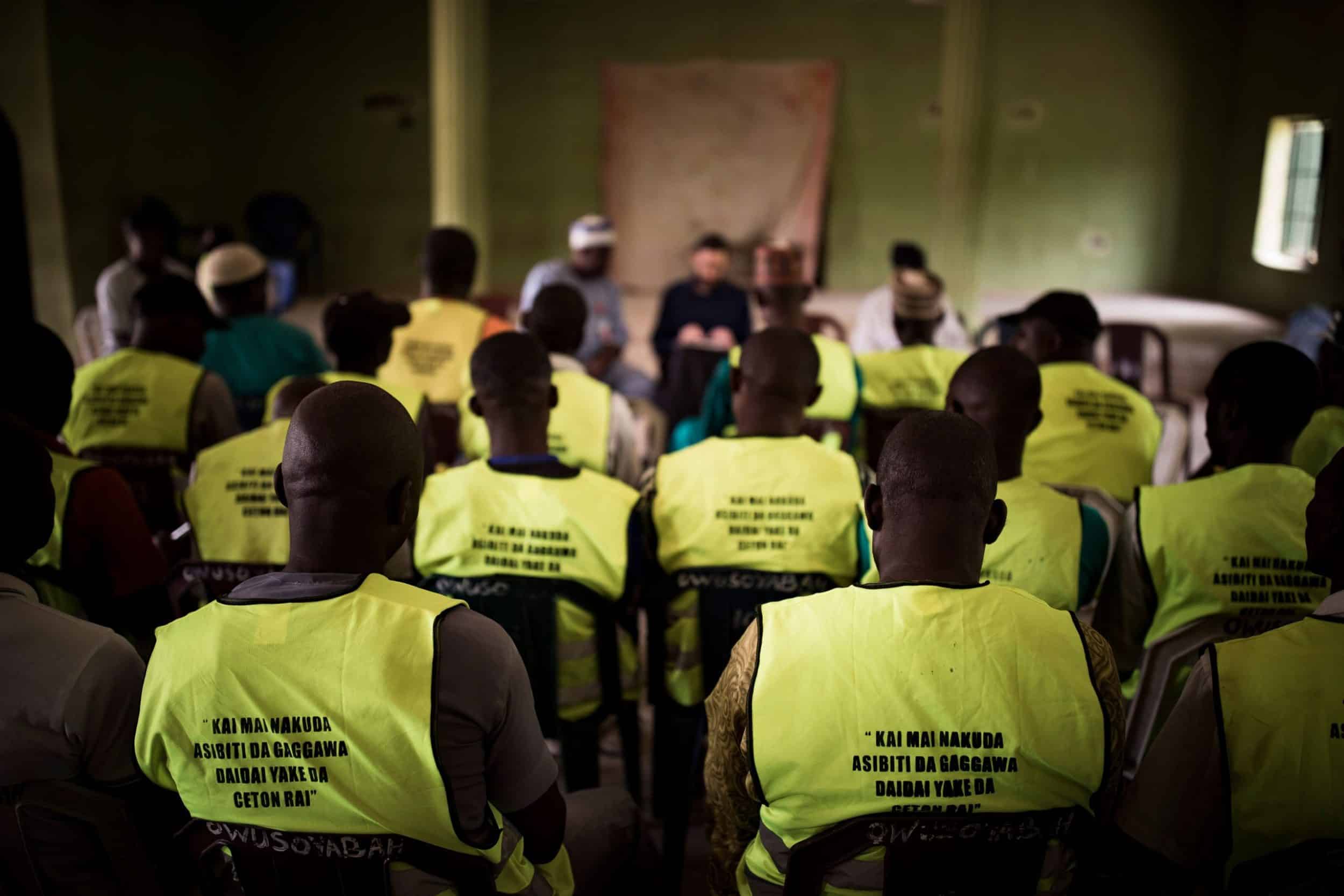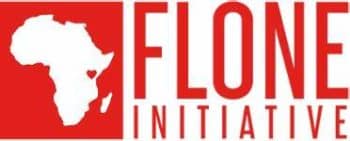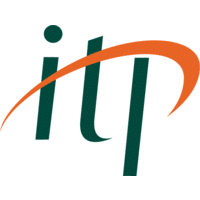Briefing Docs

Evidence Brief: Importance of gender empowerment to reducing malaria mortality in Zambia
Gender equality and women’s empowerment are key to achieving universal health coverage. They are also important in their own right as a means to achieve sustainable development. Building on a successful gender mainstreaming approach used in three earlier projects, MAM@Scale integrated a focus on gender into the design of a severe malaria intervention in Zambia. Community health volunteers (CHVs) were trained to administer quality assured 100 mg rectal artesunate to children with severe malaria danger signs at community level and to refer patients to the health facility for further treatment. The project’s gender strategy aimed to address the wide range of social norms and gender stereotypes that prevented rural households from responding promptly to severe malaria and other child health emergencies.
Click below to read the full brief.










